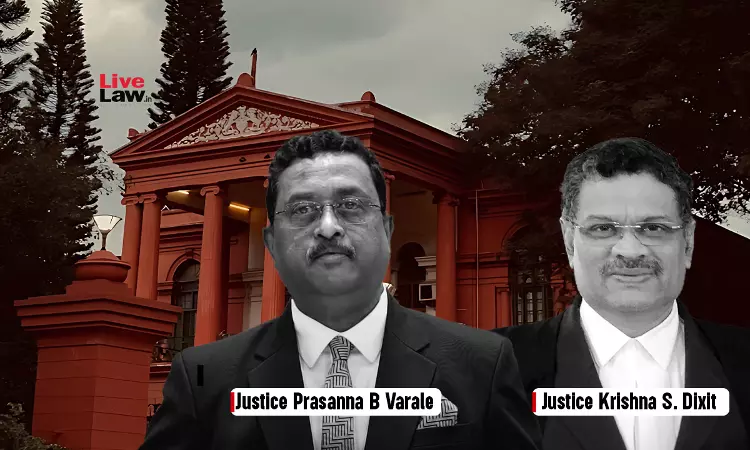Rule Of Locus Standi Liberally Construed Where State Largesse Granted Illegally: Karnataka High Court
Mustafa Plumber
22 Jan 2024 2:46 PM IST

Next Story
22 Jan 2024 2:46 PM IST
The Karnataka High Court has said that in matters concerning illegal grant of State largess, the rule of locus standi is to be liberally construed and that would serve the public interest. A division bench of Chief Justice Prasanna B Varale and Justice Krishna S Dixit dismissed an appeal filed by Adichunchanagiri Maha Samstana Mutt challenging a single bench order wherein the court allowed...
